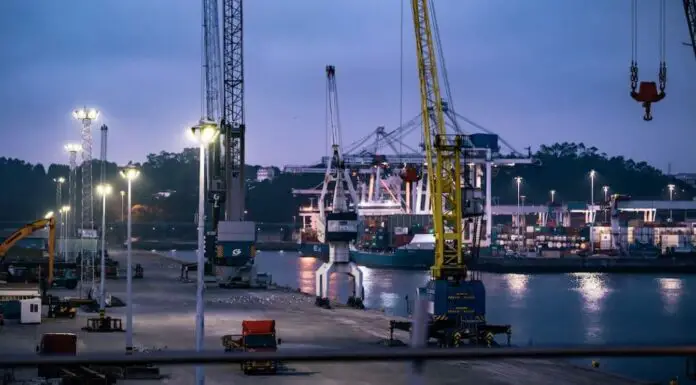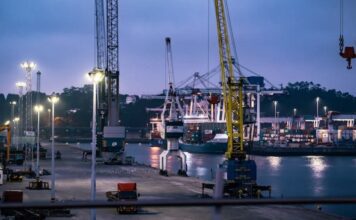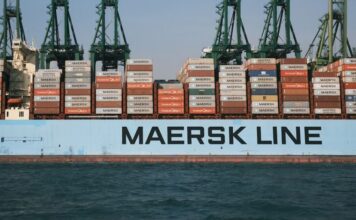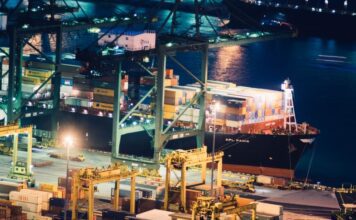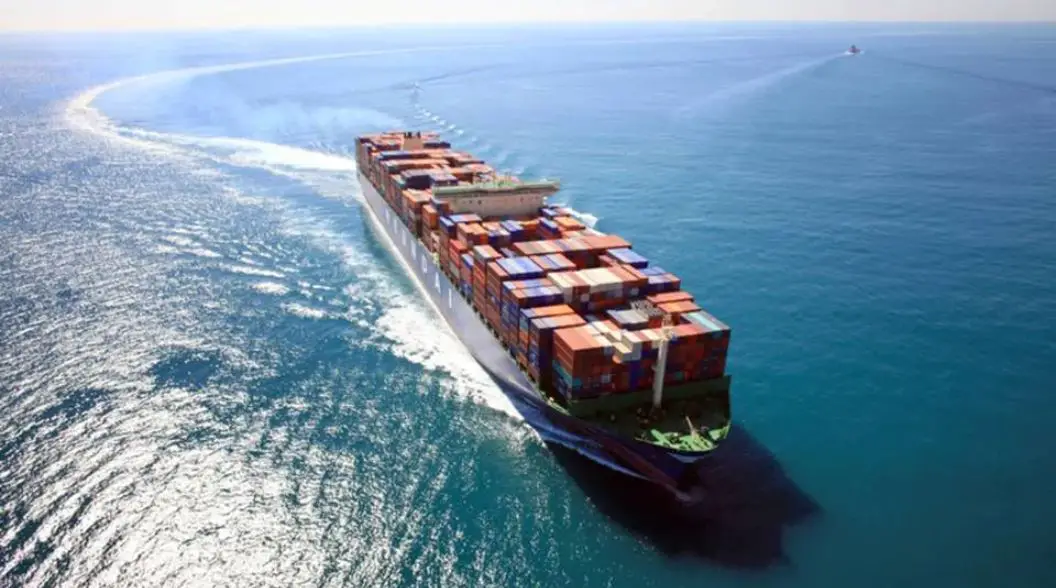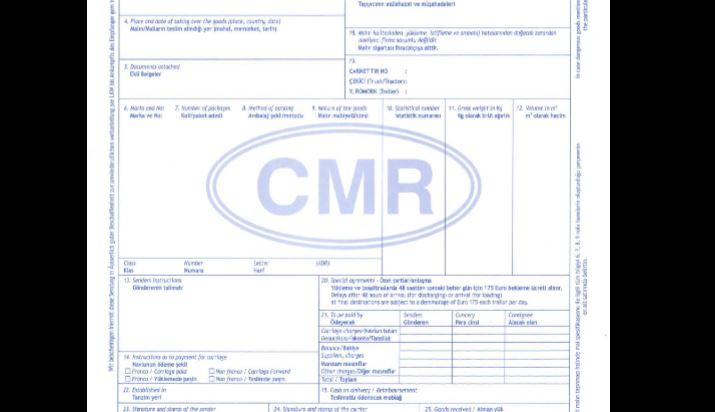In discussion for a long time, the United Kingdom and the European Union have finally managed to find a trade and cooperation agreement, on December 24, 2020.
In this agreement, it was agreed that the United Kingdom would officially leave the European Union on January 1, 2021. With Brexit, the United Kingdom again became a third state, new customs regulations then took effect for trade with the European Union.
More than a year after Brexit came into effect, where are we? And how are trades going? Let’s see the consequences and results of Brexit after almost 2 years.
January 1, 2021: A date full of hopes and uncertainties!
Long awaited, Brexit was actually introduced on January 1, 2021. A date filled with hope for many Britons but also uncertainty for others, including member countries of the European Union. Indeed, while on paper Brexit seemed promising to many, the reality is quite different for some.
A half-hearted reality compared to what most pro-Brexit people imagined. Indeed, according to a poll recently published by The Observer, 6 out of 10 voters think that Brexit is taking a bad turn or in any case different from what they had imagined.
Initially camouflaged by the Covid-19 health crisis, the economic consequences directly linked to Brexit are now beginning to be felt. Among the most widespread economic difficulties, we find in particular a lack of labor but also many shortages on the shelves of supermarkets.
Although these difficulties can also be found at the global level currently, in the context of the United Kingdom, the finger is pointed at all the importers who avoid European suppliers to limit the administrative “paperwork”. Or the farmers who lack the manpower for their harvests. The supply chain is being undermined and some do not hide their dissatisfaction or concern about the future.
Road freight transport, a key sector for the United Kingdom and the European Union
All of these changes also impact the road transport sector. The International Road Transport Union (IRU), of which Albatross Shipping UK is a member, explains that road freight transport is a crucial sector for both the United Kingdom and the European Union. The following figures confirm this:
- More than 4.4 million freight vehicles link the UK and the EU.
- The UK exports 21,350,000 tonnes of goods by road to the EU (Eurostat 2015).
- The EU exports 26,816,000 tonnes of goods to the UK.
If we look at the figures announced by Eurotunnel, it is certain that Brexit has shaken road freight transport. For example, in 2021, Eurotunnel reports a 6% drop compared to 2020 for the transport of trucks via its Freight shuttles.
As for it, the labor shortage in road transport is very real since about 100,000 truck driver positions are vacant. This lack is explained in particular by the departure of thousands of Europeans working in the United Kingdom who would have returned home during the pandemic.
Indeed, many would not have returned because of the entry into force of Brexit. Road transport companies are stepping up their efforts by increasing driver salaries, hoping to retain and attract more candidates. However, the long-term situation cannot be viable, especially with the meteoric rise in fuel prices due to the geopolitical context.
What consequences to expect for Brexit?
Although Brexit is indeed effective for the British as well as for the member countries of the European Union, all the regulations are still not all established.
Indeed, if after a transition period all the regulations have been (re)established, new ones are still to come. This is particularly the case of the ICS GB which should come into force on July 1, 2022. Once again, anticipation and preparation of the customs formalities required are essential for road haulers so that they are not blocked at the border.
